Meet this year’s Masterclass panellists

From a total of 11 applicants, five PhD candidates from Nordic universities have been selected to discuss «Judgement and Interpretation» in a Masterclass with 2017 Holberg Laureate Onora O’Neill on 6 June.
In a conversation lead by this year’s Holberg Laureate, Philosophy Professor and Kant expert Onora O’Neill, the five selected PhD students will explore different approaches to good and poor judgement and interpretation, both in law, in literature, in politics and in everyday life.
These are the panellists:
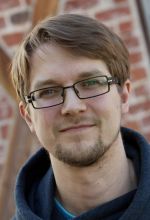
Markus Mikael Kortesmäki, Åbo Akademi University. Age: 30
«More than anything else, my philosophical temperament has been formed by the writings of the later Wittgenstein, and I admit to share the ambivalent attitude of the Wittgensteinian tradition to such concepts as “principle”, “judgment” and ”interpretation”»
Kortesmäki is a third-year PhD student at the Institute of Philosophy, at the Åbo Akademi University. He has previously studied at the University of Jyväskylä and Carl von Ossietzky Universität Oldenburg. The topic of Kortesmäki’s dissertation is the normativity of meaning, and his other research interests include semantic theories and linguistic practice, as well as practical reasoning, particularly the role of principles and judgment in the processes of inferring. During the Masterclass, he will discuss how literal meanings of linguistic expressions serve as principles that govern our linguistic practices.
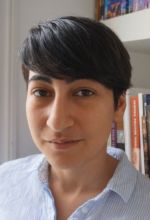
Zohreh Khoban, Uppsala University.
«I would like to participate in the Masterclass to present the place of ideal role-taking in the process of making considered judgments, as described in the deliberative democratic theory.»
Khoban is a PhD candidate at the Department of Government, Uppsala University, where she also completed her M.Sc. degree. Her primary research interests are democratic theory, democratic innovations, and political participation, and her dissertation is on conditions for and principles of deliberative democratic innovations for citizen participation. She is currently working on a paper where she discusses “ideal role taking.” This requires morally judging subjects to cognitively and emotionally put themselves in the position of others.
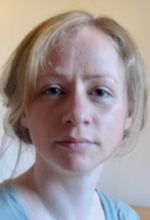 Torhild Elin Nordtveit, University of Bergen. Age: 28.
Torhild Elin Nordtveit, University of Bergen. Age: 28.
«My projects aim at creating a scientific prediction of future Supreme Court decisions in my field, based on analyses of the sources of law concerning Changes of Debtors.»
Nordtveit is a Ph.D. candidate at the Faculty of Law, University of Bergen, where she also completed her master’s degree. She has previously studied at Ruprecht-Karls-Universität Heidelberg. Her Ph.D. project concerns Changes of Debtors in obligatory relations, meaning the situation where the Debtor retreats from his obligation by transferring the obligation to a person outside the relationship, the New Debtor. The Changes of Debtors involves dilemmas relating to individual autonomy and Freedom of Contract, a type of Gordian knot problem.
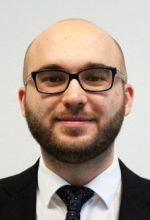 Maxim Usynin, University of Copenhagen. Age: 26.
Maxim Usynin, University of Copenhagen. Age: 26.
“The key questions for the masterclass […] are important for my research agenda, investigating to what extent arbitrators and judges are bound by the principles imposed on them by states in their treaty mandate, and whether they can engage in adjudicatory activism facing the new paradigm shift.”
Usynin is a graduate of Saint-Petersburg State University, the Russian School of Private Law and the University of Oslo, and he is currently pursuing his PhD at the University of Copenhagen, at the Centre for Enterprise Liability, The Faculty of Law. His primary research interests are international dispute settlement, in particular international arbitration of investment disputes. This includes the promotion of global justice by the means of international investment law.
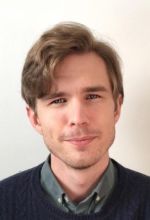 Oscar Wandery, Stockholm University. Age: 27.
Oscar Wandery, Stockholm University. Age: 27.
“In my research, I’m presented with questions of judgment and interpretation in a rather radical sense; one which connects it to the notion of finitude. I’m studying palliative care, a medicinal practice and institutional milieu commonly called ‘care in the final moments of life’ where several different forms of judgment may be discerned.”
Wandery is a PhD candidate in management at the Stockholm Business School, Stockholm University, where he also completed his master’s degree. He has also studied international business and philosophy at Södertörn University. His research in palliative care relates to many different aspect of judgement, regarding for instance decisions on curative actions and “quality of life,” or existential judgements made by the patients.